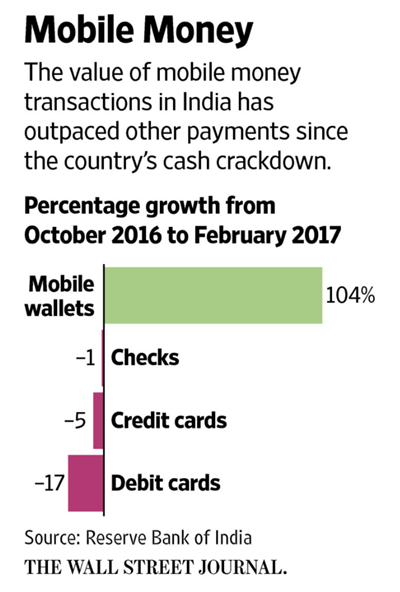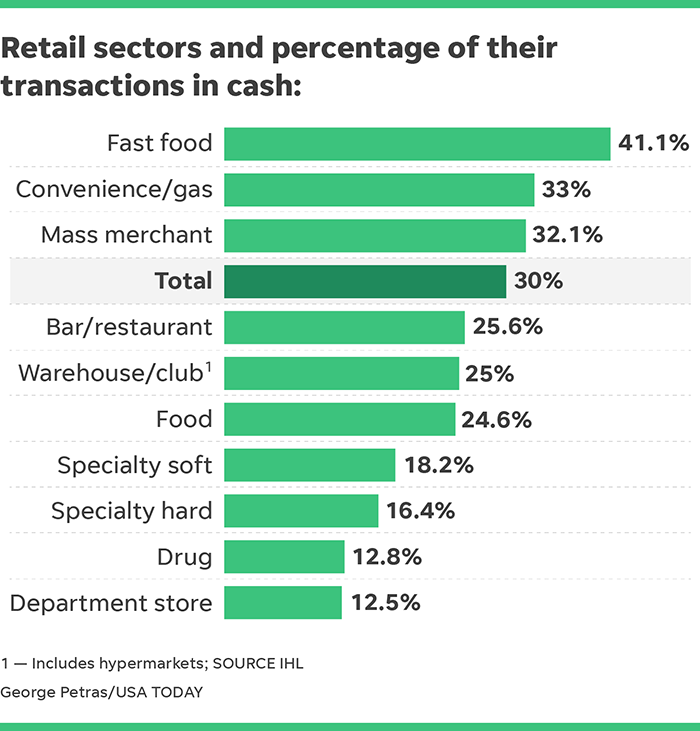... and about that cash grab in India...
More: https://dailyreckoning.com/elites-devastate-india/
...
As noted above, on November 8, Prime Minister Modi declared the 1,000 rupee note and 500 rupee note to be illegal. In case those sound like high-denomination bills, they’re not. At current exchange rates, the 1,000 rupee note is worth about $14, and the 500 rupee note is worth $7; roughly equal to the $10 and $5 bills you probably have in your purse or wallet.
Citizens were allowed to bring these notes in and exchange them for smaller denominations, or a new 2,000 rupee note worth about $28.00. The problem was that the lines were horrendous and the economy shut down as millions waited in line to make the exchange.
The government compounded its incompetence by not printing enough of the new bills. Some banks closed because they quickly ran out of the new bills. Even worse, the new bills were a different size and did not fit in ATMs, so every ATM in India had to be shut down and recalibrated to handle the new sized bills.
A cash shortage in a cash-based economy meant that economic activity ground to a halt. Farmers and fisherman could not buy fuel or provisions needed to bring their crops or catch to market. Food shortages popped up; riots broke out in some places.
Finally, in a “guilty until proven innocent” twist, tax inspectors were waiting at the bank branches to interrogate those exchanging large amounts of the old notes. This dissuaded many from making the exchange in the first place.
A black market grew up in which you could exchange 1,000 rupee notes for, say, 700 rupees in smaller bills that were still legal. Those offering the exchange had political protection or paid bribes to avoid the tax scrutiny that came with the larger bills. This exchange is the ultimate market distortion — “cash” trading at a discount to face value because of government interference.
...
More: https://dailyreckoning.com/elites-devastate-india/




